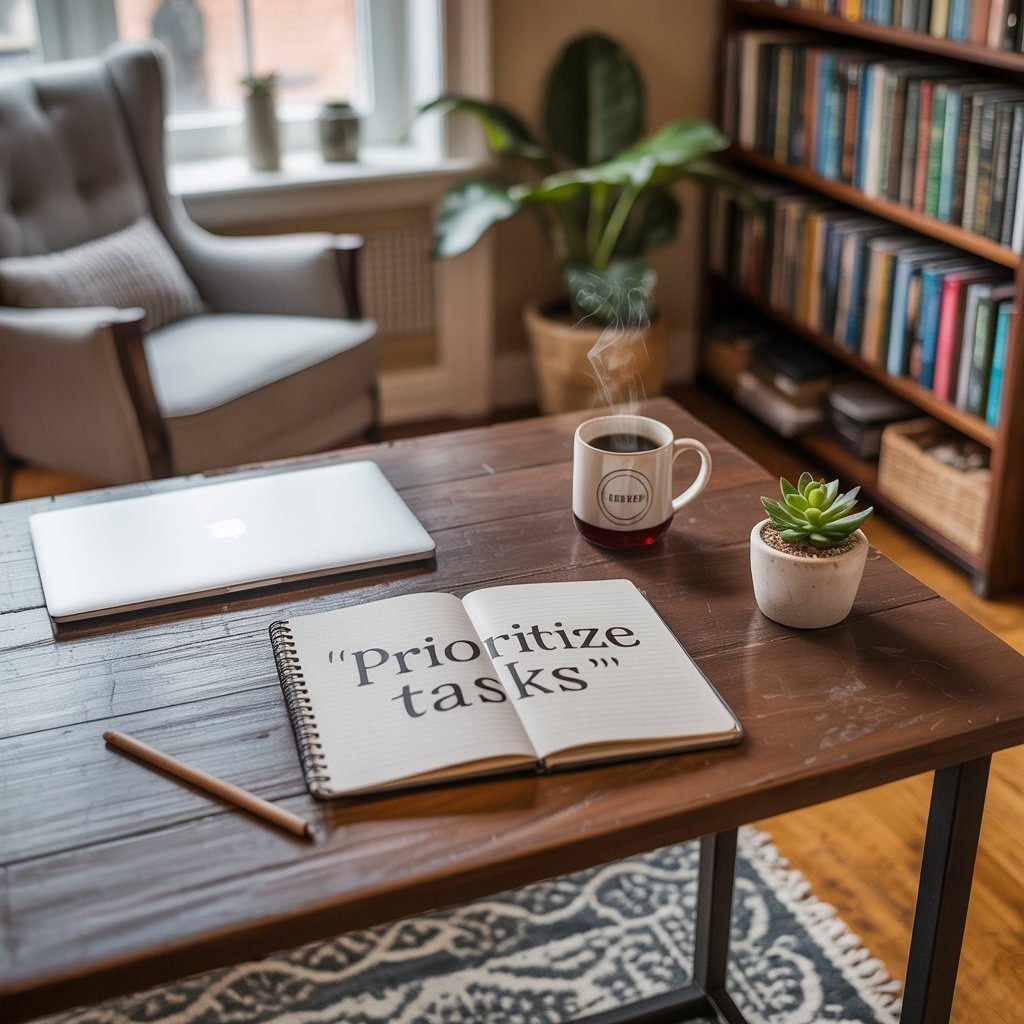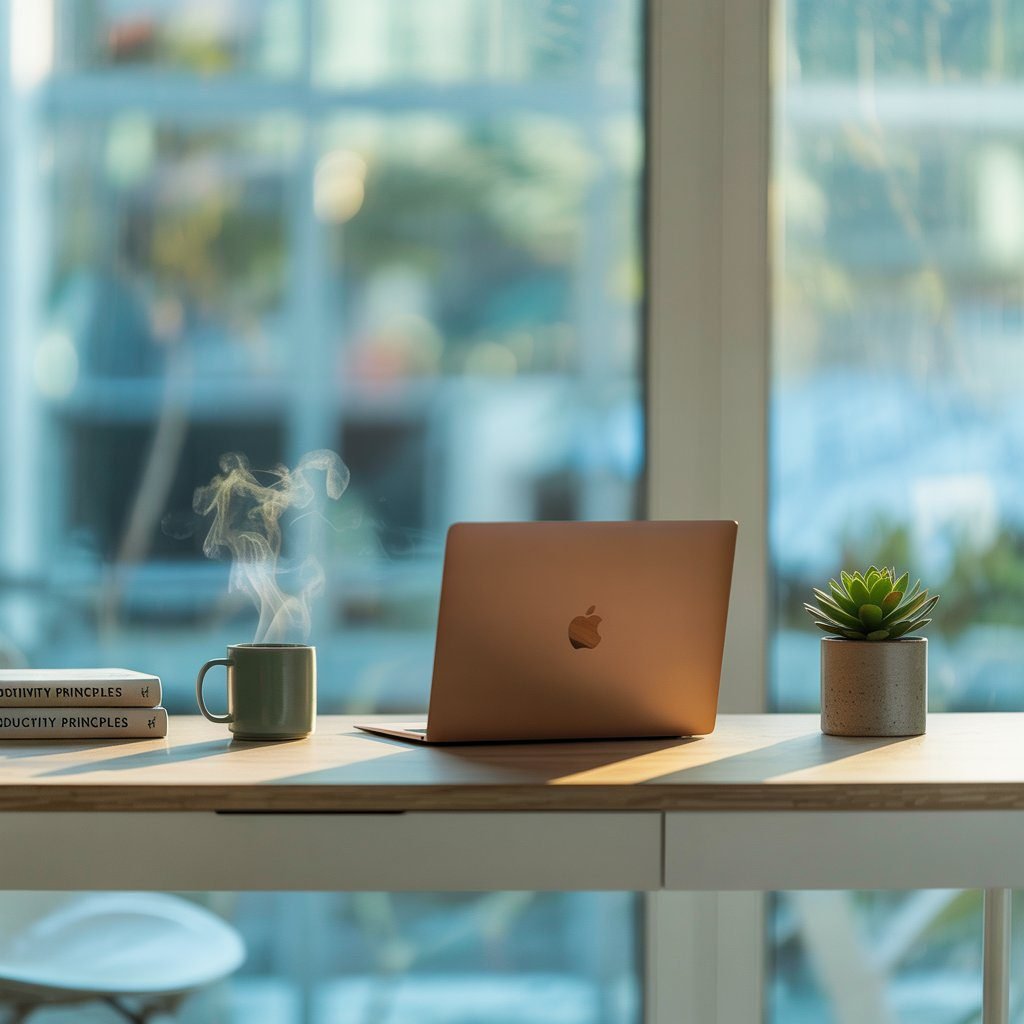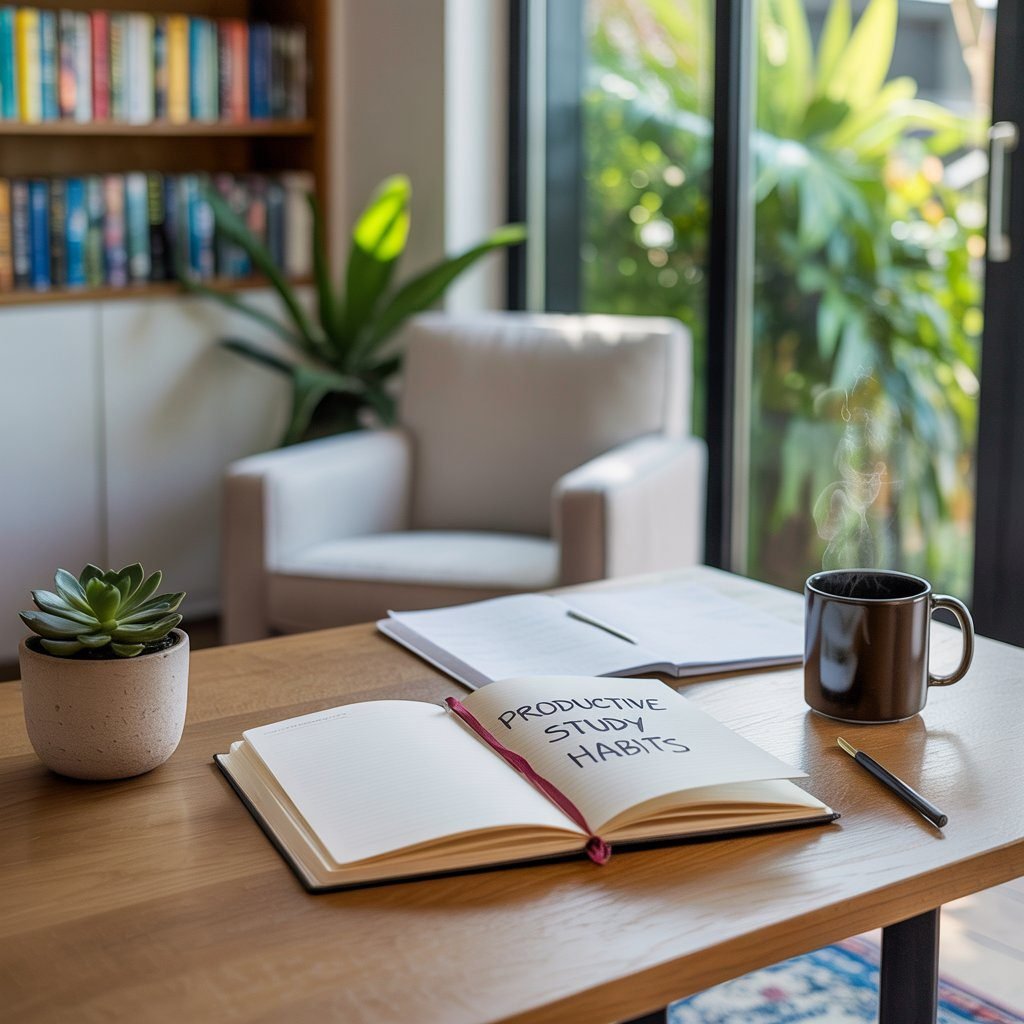Today we will discuss the basic steps in creating an academic study space. In an era of constant digital distraction and ambient noise, having a successful academic study area is more vital than ever. For UK students from GCSE through to university level, a dedicated and organised study area can have a direct influence on focus, motivation, and academic success. Whether studying for exams, working on coursework, or seeking assignment help for particularly challenging subjects, a room specifically designed for study alleviates tension and improves performance.
This guide covers the most important elements of an effective study space—blending practical with academic advice. From the physical setup to digital organization, every aspect of your study space can affect how effectively you learn, process, and retain information. Let’s break down the primary steps in creating an academic study space that really works for your learning goals.
Why a Dedicated Study Space Matters
Having a dedicated study area for learning helps the brain associate that specific area with productivity. Working in bed or moving around all the time does not help as much in developing stronger habits of concentration as a consistent environment does.
- Improved concentration and focus
- Less procrastination
- Less distraction
- Improved time management
- Improved retention of information
Coupled with the use of tools like assignment help services, a well-organized study area is the key to improved academic performance.

Choosing the right place
The initial step is choosing the perfect place for your study area. This can make a huge difference in your capacity to stay focused.
- Quiet place: Steer clear of busy parts of the house or shared areas.
- Natural light: Wherever possible, choose a place next to a window. Natural lighting minimizes eye strain and promotes good mood.
- Comfortable climate: Temperature extremities cause distraction and decreased productivity.
- Privacy: A place where disturbance is kept to the barest minimum leads to better workflow.
Avoid such locations that provide confusion between resting and studying. A bed can be comfortable but not suited for studies.
Furniture and Ergonomics
Posture and comfort greatly affect productivity. An uncomfortable posture may lead to fatigue and decreased concentration, making it harder to stay focused during long study sessions or while working on tasks that may require assignment help for added support.
- Chair: An adjustable back and height ergonomic chair is ideal.
- Footrest: Optional but useful in correcting posture.
- Top tips for ergonomically positioning:
- Elbows should be kept at 90 degrees
- Eyes should be at the same level as the top third of your screen
- Sit with flat feet on the ground
Lighting: Avoiding Eye Strain
Proper lighting can prevent headaches and enhance visual acuity.
- Natural light: Best for daytime studying—position your desk to utilize daylight.
- Task lighting: Use a directed desk lamp with adjustable brightness.
- Prevent glare: Screens must be positioned perpendicular to windows to minimize reflections.
Dim light will cause eye fatigue, while hard light may lead to tiredness—find the middle ground to maintain concentration for a long duration of time.

Decluttering for Mental Clarity
Clear desk equals clear mind. Visual clutter can obscure the mind and decrease productivity.
- Use trays or containers to organize stationery
- Put unwanted items inside the drawers
- Avoid storing food or personal jewelry within the study area
- Limit decor to one or two inspirational pieces
Having a minimalist setup encourages greater focus and less anxiety. An organized space also provides room for vital tools like planners or assignment assistance materials.
Vital Study Equipment and Materials
Having all your gear within reach saves time and keeps momentum going.
- Computer/laptop
- Notebooks and folders:
- Pens, highlighters, post-it notes
- Study planner or online calendar
- Headphones or earplugs for noise-cancellation
Digital tools like reference software or assignment help websites can be integrated smoothly into your study setup.
Technology: Optimizing Productivity, Reducing Distraction
Technology is a two-edged sword. Technology will either make your study sessions productive or be the biggest source of distraction.
Techniques to be effective with technology:
- Productivity software: Use applications like Notion, Evernote, or Microsoft OneNote
- Time management: Use Pomodoro or time-blocking techniques
- Blocking distractions: Use site blockers to remove social media
- Use blue light filters: Especially if studying at night
Combining technology with intelligent methods can increase productivity and provide more free time for sleeping or revision.
Building a Study Schedule
A productive study environment is not only physical—it’s also routine. A regular schedule increases discipline and assists in organizing your academic work.
- Divide work into manageable portions
- Add breaks every 45–60 minutes
- Prioritize pressing deadlines and exam preparation
- Allocate time for reviewing past work
- Set weekly goals
Pairing a schedule with assignment help resources ensures you’re always ahead of academic responsibilities.
Minimising Distractions
Distractions are of many types—noise, social media, even flatmates. It is essential to set boundaries that shield your concentration.
- Utilize noise-cancelling headphones
- Set study times with others
- Have your phone in another room or employ focus modes
- Employ a “do not disturb” sign if necessary
Environmental control supports deep focus and reduces procrastination.
Adding Motivation and Focus Strategies
Even the best study environment can’t help much if there is no motivation. Incorporating psychological strategies into your environment can be a breakthrough.
- Visual targets: Whiteboards or sticky notes to track progress
- Reward system: Small rewards upon task completio
- Motivational quotes: Display one or two for inspiration
- Background music: Lo-fi beats or classical music can aid in focus
Remaining motivated is important, especially when doing hard work or under intense revision time.

Maintaining the Study Environment
A productive study environment is not a single setup—it has to be replenished on a regular basis.
- Regular weekly cleaning sessions
- Randomly check and reorganize materials
- Update study objectives and schedules
- Verify lighting and seating for comfort
A well-kept workspace adjusts to your scholarly needs and remains to support long-term achievement.
The Role of Assignment Help in Academic Achievement
While an optimized study setting sets the stage for success, academic support outside fills the gap when it gets too much to handle.
Assignment help services provide concentrated support that complements independent study. They are especially useful in case of tight deadlines, difficult topics, or study burnout.
Combining such support with an optimized study environment optimizes learning outcomes and reduces stress during high-intensity study periods.
Conclusion
Planning an effective study space for learning is a reflective process that transcends furniture arrangement. It’s more about building an environment—mental and physical—where concentration, motivation, and productivity flourish.
From choosing a suitable location and furniture to controlling digital tools and distractions, all elements play a role in academic achievement. By having a structured schedule, neat desk, and access to features like assignment support, students are able to maximize their productivity.
For those requiring additional support, Assignment in Need (assignnmentinneed.com) offers help that complements a focused, self-study study schedule—making it easier to meet academic goals with confidence. Click here to learn more…….



